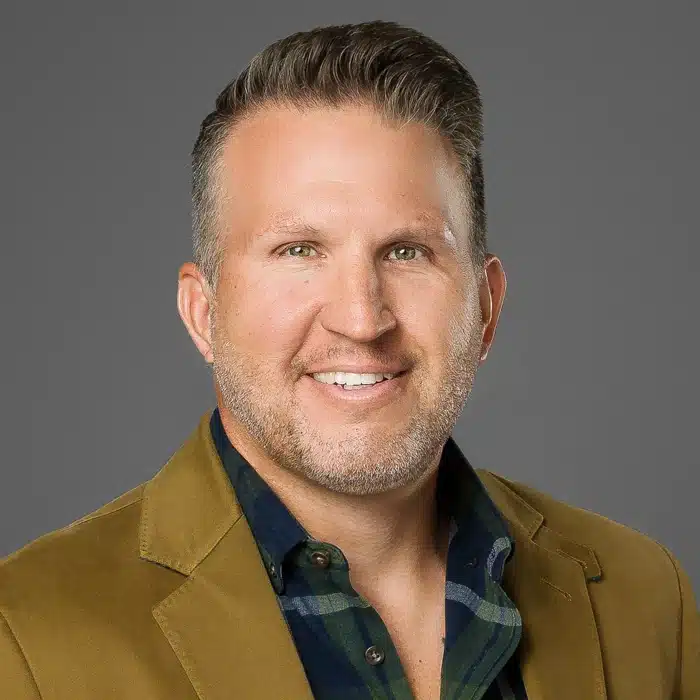
When things go wrong on a construction site, as they often do, and a worker is injured, the construction company may face civil liability.
But a recent Colorado case made clear that when things go very wrong, the owner of the construction company may also face criminal liability.
What happened?
Rosario Martinez was hired by ContractOne, a general contracting construction company owned by Bryan Johnson and based in Avon, Colorado.
On June 14, 2018, Rosario was killed when a trench collapsed while he was installing a water line on a residential site in Granby.
A subsequent investigation conducted by the U.S. Department of Labor’s Occupational Safety and Health Administration (OSHA) found that Rosario was hired by ContractOne to install drywall and do carpentry work, but the company used him to do trench work even though he was not trained to do trench work.
The investigation also found that ContractOne failed to use a trench protective system and failed to conduct regular site inspections to correct hazardous conditions. In fact, the same trench collapsed just days before and ContractOne failed to take any steps to remedy the issues.
“Trenching is one of the most dangerous activities in the construction industry and Bryan Johnson failed to take any affirmative steps to protect employees, despite repeated warnings that work activities at the job site were hazardous,” said OSHA Regional Administrator Nancy Hauter.
Rosario’s son, who was also working on-site, assisted firefighters in digging his father’s body out of the trench.
On July 15, 2021, the Grand County Court sentenced Bryan Johnson to 10 months in jail for 2 counts of reckless endangerment and 1 count of third-degree assault. Bryan pleaded guilty to the charges on June 16, 2021.
The court also ordered Bryan to:
- Serve 3 years’ probation
- Pay Rosario’s family restitution not to exceed $25,000
- Make charitable contributions to local charities
- Participate in the U.S. Department of Labor’s Workers Memorial Day ceremony
- Complete safety training
- Not commit any willful or serious future OSHA violations
- Allow OSHA to inspect his worksites without an administrative warrant
The dangers of trench collapse
Trenching and excavation hazards result in approximately 54 fatalities every year in the U.S., according to the Centers for Disease Control and Prevention (CDC).
As a result, OSHA has published standards to help keep trench workers safe. These standards, which can be found in 29 CFR 1926.650, 29 CFR 1926.651, and 29 CFR 1926.652, address engineering controls, protective equipment, and safe work practices.
Despite the fact that OSHA standards are mandatory for most employers, OSHA cites numerous contractors for infractions every month. One of the most common citations is for the lack of a proper trench protective system.
OSHA identifies 3 basic types of protective systems:
- Shielding. Devices that are designed to protect workers in the event of a collapse, such as trench boxes.
- Shoring. Bracing designed to prevent collapse, such as hydraulic shoring systems.
- Sloping. Sloping or benching trench walls away from the trench bottom at a safe angle.
The lack of a trench protective system was partially responsible for Rosario’s death, but he’s far from the only victim.
To ask questions, obtain compliance assistance, or file a complaint, call OSHA's toll-free hotline at 800-321-OSHA (6742).
Liability after a trench collapse
When a worker is injured in a trench accident, there are certain civil remedies available. For example, the worker may be able to recover damages by filing a workers’ compensation claim—or, in some cases, the worker may be able to recover damages by filing a personal injury lawsuit.
If a worker is killed in a trench accident, their family members may be able to receive workers’ compensation death benefits or recover damages by filing a wrongful death lawsuit.
Although less common, state and local prosecutors may also choose to prosecute employers under state criminal statutes when workers are injured or killed. The prosecution of employers within the community in which they live and work is believed to have a strong deterrent effect among other construction companies in the area. However, it’s important to keep in mind that, even if a prosecutor goes after your employer, you’ll still need to pursue civil remedies if you want to recover damages.
If you’ve been injured in a trench collapse, your best option is to contact an experienced personal injury lawyer to discuss your legal options as soon as possible.


